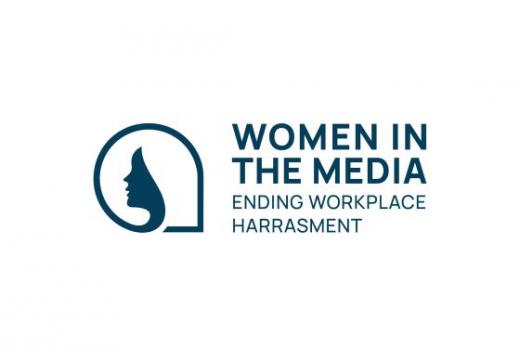Ending workplace harassment in the media industry in Slovenia, Croatia, Serbia and Bosnia and Herzegovina - Women in the Media

Ending workplace harassment in the media industry in Slovenia, Croatia, Serbia and Bosnia and Herzegovina - Women in the Media
2025
Gender-based violence remains a challenge within society, significantly rooted in gender inequality and exacerbated by unequal power relations. The project directly aligns with the European Commission's 2020 – 2025 Gender Equality Strategy, which emphasizes the need for freedom from violence and stereotypes. It specifically addresses the call CERV-2024-DAPHNE, which seeks to prevent and combat gender-based violence. By focusing on the media sector, the project tackles a crucial area where such violence is present.
However, although the issue of gender-based violence against women at media workplace is a global issue, and it is also present in Slovenia, Croatia, Serbia and Bosnia and Herzegovina, data to support the claim, and consequently monitor the improvement of the situation, is rather scarce.
This is why five partners Zavod Krog (Slovenia), Trade Union of Croatian Journalists, TUCJ (Croatia), Union "Nezavisnost", branch for culture, art, and media (Serbia), Mediacenter Sarajevo (BiH) and Slovenian Association of Journalists, SAJ (Slovenia) with co-financing of the European Union started with the project »Women in the media«.
The project is supported by the University of Novi Sad, Faculty of Philosophy – Department of Media Studies, the Ministry of Labour, Family, Social Affairs and Equal Opportunities of Republic of Slovenia, Research Centre of the Slovenian Academy of Sciences and Arts, Republic Agency for Peaceful Settlement of Labour Disputes from Serbia, and Faculty of Social Sciences – University of Ljubljana.
The project is designed to combat sexual harassment in the media specifically targeting the public broadcasting services across Slovenia, Croatia, Serbia, and Bosnia and Herzegovina. It includes analytical activities, such as cross-national comparative research, development of transferable Rule book (setting standards), identification and exchange of good practices among partner countries, trans-national cooperation of journalists and experts, awareness raising, advocacy and capacity building activities that involve journalism students, male and female journalists and media management.
The project promotes a culture of respect, diversity, and inclusion, critical to achieving long-term gender equality in the media sector in Slovenia, Croatia, Serbia and Bosnia and Herzegovina, including EU and non-EU member states.
The project is co-funded by the European Union.





